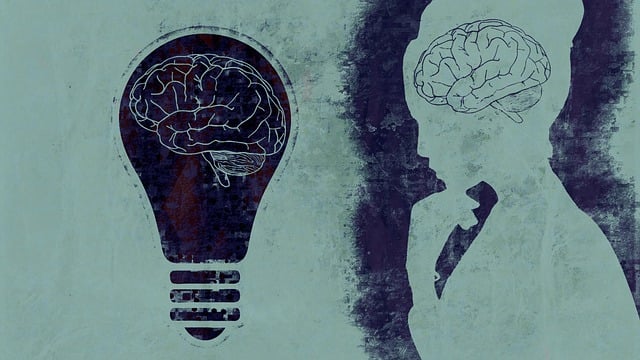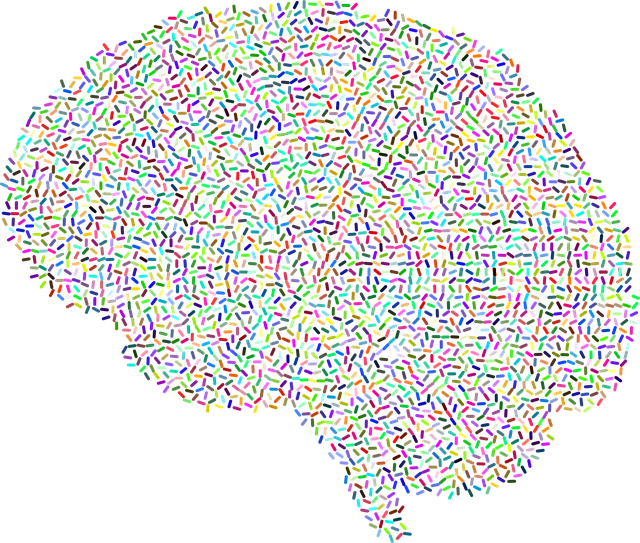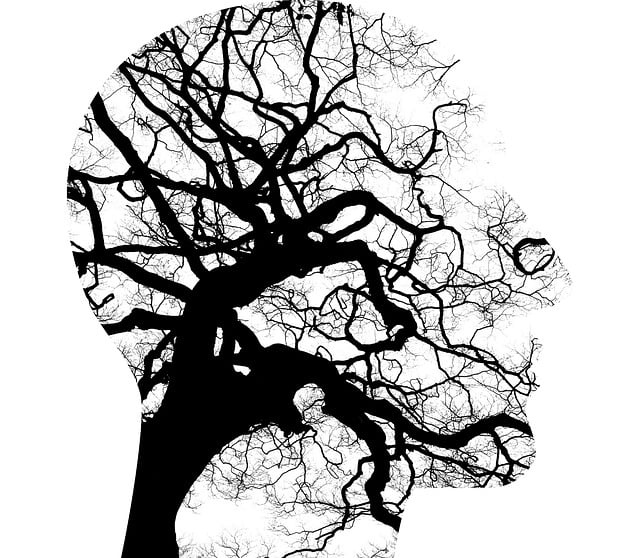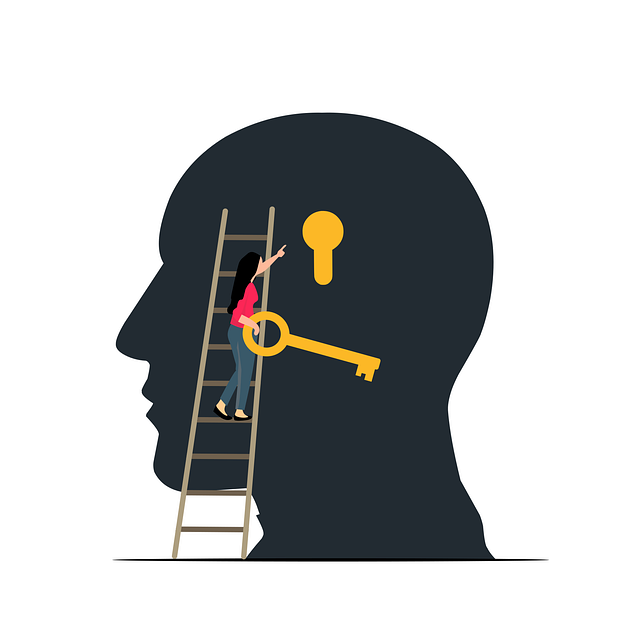Castle Rock Gambling Therapy offers specialized Social Skills Training tailored for individuals with various mental health conditions, addressing challenges like anxiety, depression, and schizophrenia in social interaction. Using evidence-based techniques, role-playing, group discussions, and risk management planning, the program enhances communication skills, builds self-esteem, promotes positive thinking, and develops effective coping strategies. This holistic approach, incorporating Mind Over Matter principles, Compassion Cultivation Practices, Mood Management, and Burnout Prevention, improves emotional well-being, strengthens relationships, and facilitates lasting recovery.
Social skills training is a powerful tool for individuals navigating mental health conditions, offering a path to improved well-being. This article delves into the intricate relationship between social skills and mental health, highlighting challenges faced by those with conditions like anxiety or depression in social settings. We explore the unique approach of Castle Rock Gambling Therapy, renowned for its effectiveness in enhancing social interactions. Through strategies tailored to real-world scenarios, this training empowers individuals to build confidence and foster meaningful connections.
- Understanding the Link Between Social Skills and Mental Health
- Identifying Challenges in Social Interaction for Individuals with Mental Health Conditions
- The Role of Castle Rock Gambling Therapy in Social Skills Training
- Strategies and Techniques for Effective Social Skills Development
- Real-World Applications and Benefits of Social Skills Training
Understanding the Link Between Social Skills and Mental Health

Social skills are a vital component of overall mental health and well-being. They play a significant role in how individuals navigate their daily lives, interact with others, and manage emotional challenges. For people living with mental health conditions, such as those seeking Castle Rock Gambling Therapy, understanding and improving social skills can be transformative. The link between social skills and mental health is complex; inadequate or impaired social abilities can exacerbate existing mental health issues, while promoting emotional well-being through effective communication and relationship-building techniques can serve as a powerful tool for recovery.
Mental health education programs design and healthcare provider cultural competency training emphasize the importance of teaching and reinforcing these skills. Effective interventions often incorporate Emotional Well-being Promotion Techniques to help individuals build confidence, improve assertiveness, and develop coping mechanisms for social situations. By addressing the social dimension of mental health, professionals contribute to a holistic approach that supports lasting recovery and enhances the overall quality of life for those struggling with various conditions.
Identifying Challenges in Social Interaction for Individuals with Mental Health Conditions

Many individuals with mental health conditions face significant challenges when it comes to social interaction. These challenges can vary widely depending on the specific condition and its severity. For instance, those struggling with anxiety disorders may experience overwhelming fear in social settings, while depression can lead to a lack of motivation for engaging in social activities. In some cases, such as with schizophrenia, hallucinations or delusions can distort one’s perception of social cues, making it difficult to navigate interactions successfully.
Castle Rock Gambling Therapy recognizes these barriers and offers specialized Social Skills Training tailored to address them. The program focuses on enhancing communication skills, building self-esteem (Self-Esteem Improvement), and fostering positive thinking, all of which contribute to more fulfilling social connections. Through role-playing scenarios and group discussions, participants learn effective coping strategies for navigating challenging social situations. Additionally, Public Awareness Campaigns Development plays a crucial role in promoting understanding and reducing stigma, creating a more supportive environment for those with mental health conditions to engage socially.
The Role of Castle Rock Gambling Therapy in Social Skills Training

Castle Rock Gambling Therapy offers a unique approach to social skills training, leveraging its expertise in behavioral interventions to help individuals with mental health conditions navigate and improve their social interactions. This therapy goes beyond traditional methods by integrating Mind Over Matter principles, empowering clients to overcome challenges related to depression prevention and enhancing their overall well-being. Through structured programs, therapists guide participants in developing essential social skills while teaching them effective risk management planning tailored for mental health professionals.
The approach focuses on breaking down complex social scenarios into manageable components, allowing individuals to practice and build confidence. By utilizing techniques that have been proven successful in treating gambling-related issues, Castle Rock Gambling Therapy offers a safe space for clients to learn, grow, and connect with others. This holistic strategy not only improves social abilities but also strengthens the coping mechanisms needed for managing mental health conditions effectively.
Strategies and Techniques for Effective Social Skills Development

Social skills training plays a pivotal role in mental health conditions treatment, offering strategies to enhance communication and interaction with others. At Castle Rock Gambling Therapy, we utilize evidence-based techniques tailored to individual needs. These include Role-playing exercises that simulate real-life scenarios, allowing individuals to practice and refine their social responses in a safe environment. Additionally, our therapists guide clients through Coping Skills Development, teaching them effective ways to manage stress, anxiety, or distressing emotions during social interactions.
Further, we integrate Risk Management Planning for Mental Health Professionals into the training, empowering individuals with tools to anticipate and mitigate potential risks in social situations. Mood Management techniques are also central to our approach, equipping clients with strategies to regulate emotional states, foster positive connections, and improve overall social functioning. Through these comprehensive methods, we aim to empower individuals with the skills necessary for successful social reintegration.
Real-World Applications and Benefits of Social Skills Training

Social Skills Training offers real-world applications and benefits for individuals managing mental health conditions, such as those seeking Castle Rock Gambling Therapy. By participating in role-playing scenarios and group discussions, participants learn to navigate social situations with confidence. This is particularly beneficial for those who struggle with anxiety or depression, enabling them to practice communication strategies that foster healthier relationships and improve overall well-being.
Beyond enhancing social interactions, this training incorporates Compassion Cultivation Practices, Mood Management, and Burnout Prevention techniques. Through these practices, individuals develop emotional resilience, learn to regulate their moods effectively, and cultivate a sense of self-compassion—all crucial elements in managing mental health challenges. Such comprehensive training empowers participants with practical tools to thrive in social settings, ultimately contributing to improved mental health outcomes.
Social skills training, particularly through evidence-based approaches like Castle Rock Gambling Therapy, plays a pivotal role in enhancing the lives of individuals with mental health conditions. By addressing specific challenges in social interaction, these programs empower people to navigate social scenarios more confidently. The benefits are far-reaching, fostering better relationships, improved self-esteem, and enhanced overall well-being. Incorporating strategies taught through Castle Rock Gambling Therapy into daily life can lead to significant improvements in social functioning, making it a valuable tool in the comprehensive treatment of mental health conditions.














